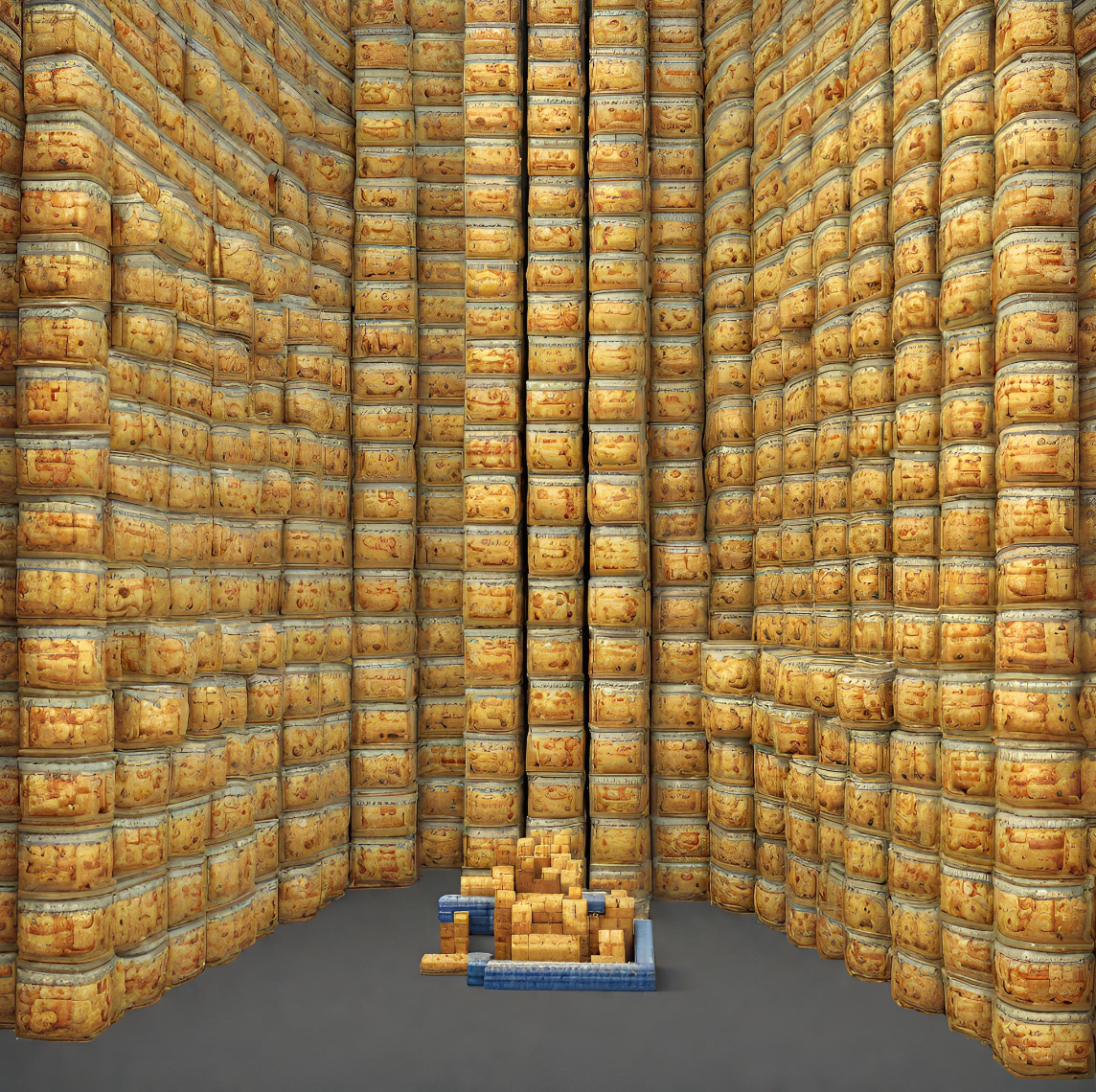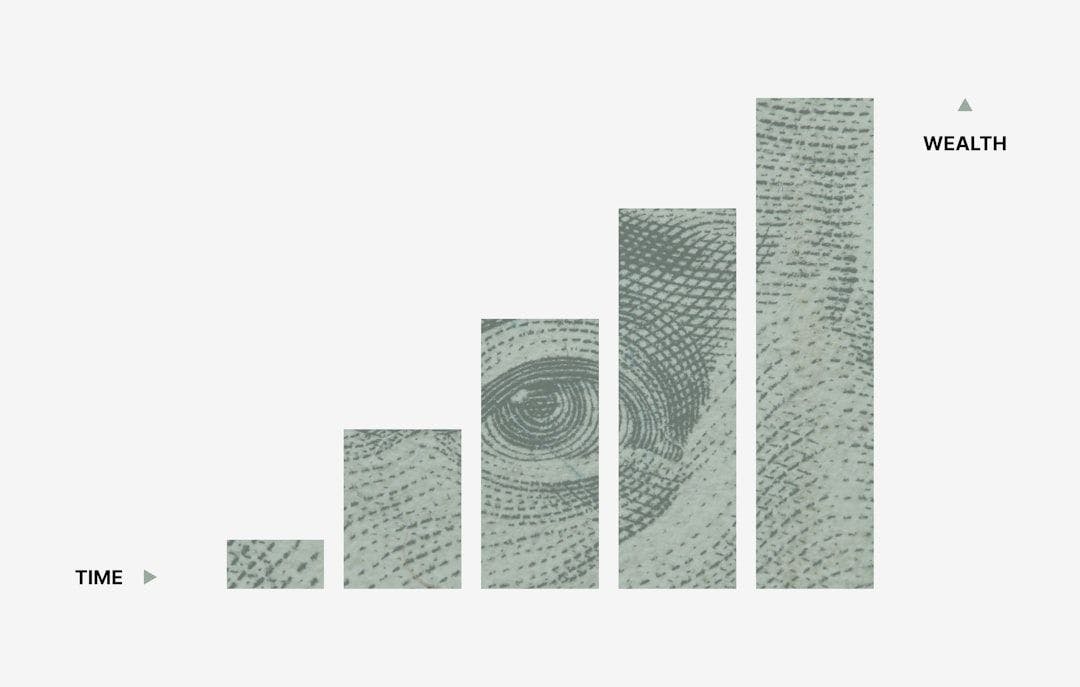311 reads
On The Nature of Monetary and Price Inflation and Hyperinflation
by
January 2nd, 2025
Audio Presented by

Economic storm warning: Hyperinflation on the horizon, prices skyrocket and purchasing power plummets.
Story's Credibility

About Author
Economic storm warning: Hyperinflation on the horizon, prices skyrocket and purchasing power plummets.
